Blog
Press Release: October 2, 2014
Go Tell That…Rabbit? A Lesson in Komba Culture
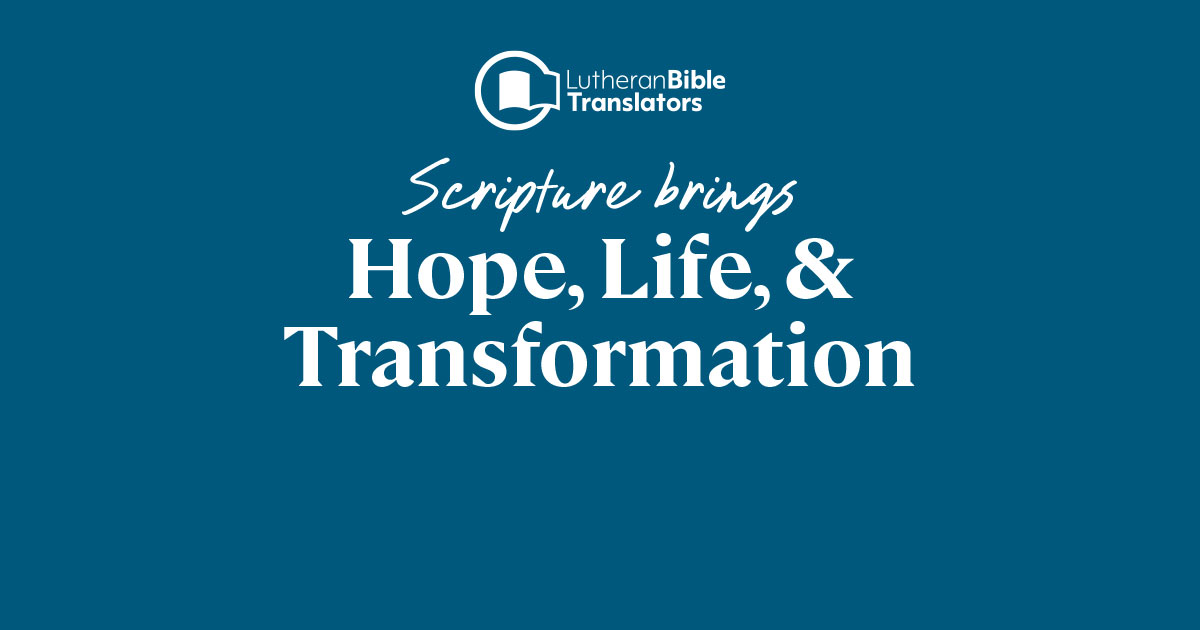
At LBT, we’ve been celebrating year-round the many blessings that God has poured out upon us. Around the country, we have hosted a series of 50th anniversary dinners to thank you for your support, invite newcomers, and share our vision for LBT’s future.
In addition, we’re celebrating the translation of God’s Word into the Komba (Likɔɔnl) language and its dedication this fall. This is our mission, our vision: God’s Word in the heart language of all people. For the past eleven years, the Esala and Federwitz families have worked alongside the Komba (Bikɔɔm) people to translate the New Testament into their own language – the language in which they pray to God.
Reverend Nathan Esala discusses the nature of the translation process, which requires a great deal of deliberation and testing, in his YouTube video, “Foxes and Rabbits.” In the video, he describes the challenge of choosing precisely the right words to culturally connect the Komba people to the biblical story, while not abandoning the meaning of the Word.
Luke 13:31-35 states:
31 At that time some Pharisees came to Jesus and said to him, “Leave this place and go somewhere else. Herod wants to kill you.” 32 He replied, “Go tell that fox, ‘I will keep on driving out demons and healing people today and tomorrow, and on the third day I will reach my goal.’ 33 In any case, I must press on today and tomorrow and the next day—for surely no prophet can die outside Jerusalem! 34 “Jerusalem, Jerusalem, you who kill the prophets and stone those sent to you, how often I have longed to gather your children together, as a hen gathers her chicks under her wings, and you were not willing. 35 “Look, your house is left to you desolate. I tell you, you will not see me again until you say, ‘Blessed is he who comes in the name of the Lord.’”
When translating Luke 13:31-35, the team decided to use “rabbit” as a substitute for “fox,” since foxes are not geographically located in Ghana and are, therefore, culturally absent. In the Komba culture, the rabbit is seen as sly and crafty, just as we view the fox.
A local preacher, however, did not concur with this word choice. In a sermon on Luke 13:31-35, he preferred “fox” and then compared it to a jackal. It didn’t take long before Pastor Esala realized the pastor’s point: a fox or jackal preys upon the hen and her chicks; a rabbit would not.
So although the team culturally deliberated the text, one can “lose the forest for the trees.” This scenario describes the complexity of Bible translation and explains why the process takes eleven years or more to complete. Our LBT missionaries and African partners are devoted to translating the Word to be exegetically and culturally appropriate. Between the translated New Testament and Scripture engagement tools available to the Komba people, we pray that God’s Word and message of salvation will spread among the people and across the nations.
As our previous post about the Komba New Testament stated, the dedication is November 1st this year, which is about a month from now. How will you celebrate with your brothers and sisters in Christ? Will you lift them up in prayer? Support them financially as they move forward into phase II: the Old Testament? Your support is a gift from God, and LBT would like to thank you for your contribution to the mission effort!
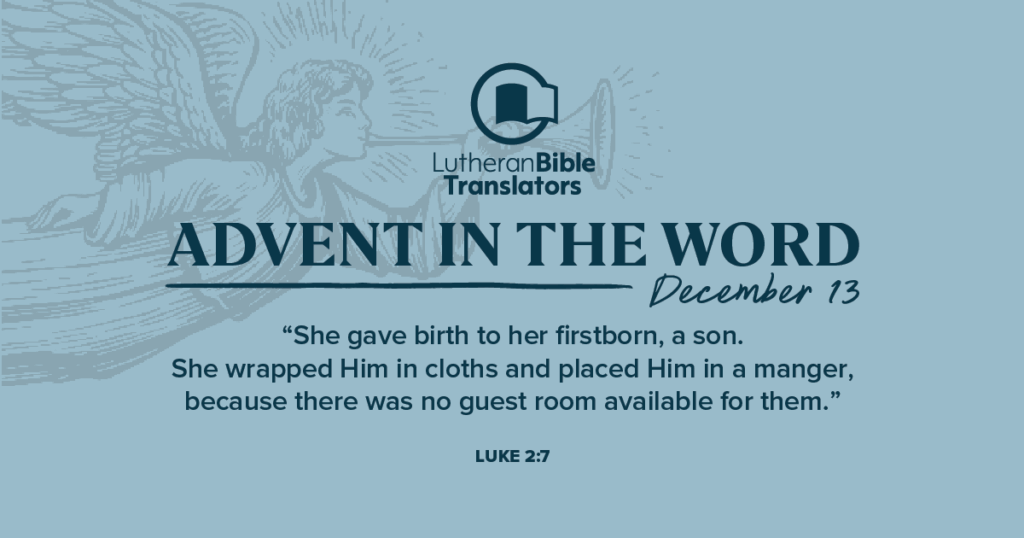
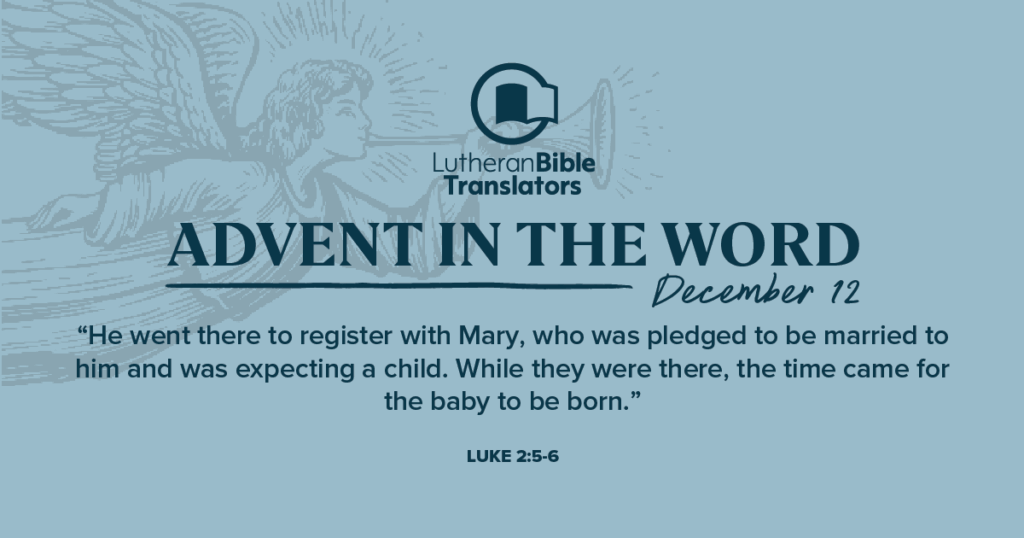
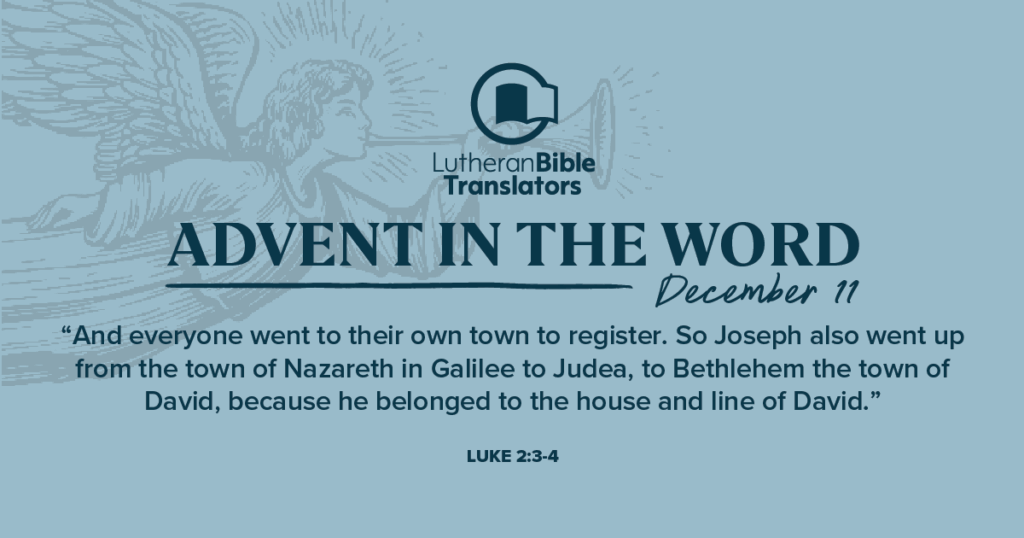
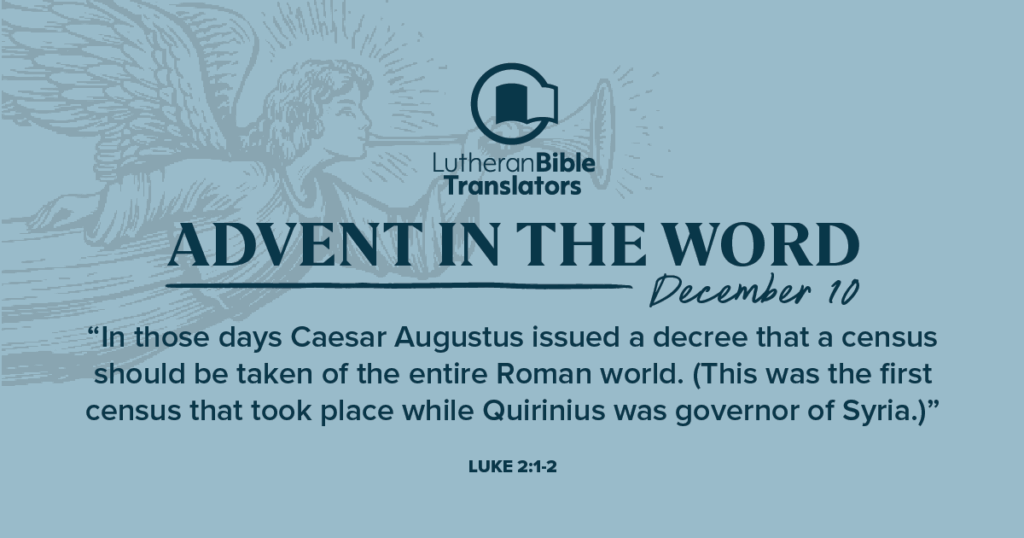

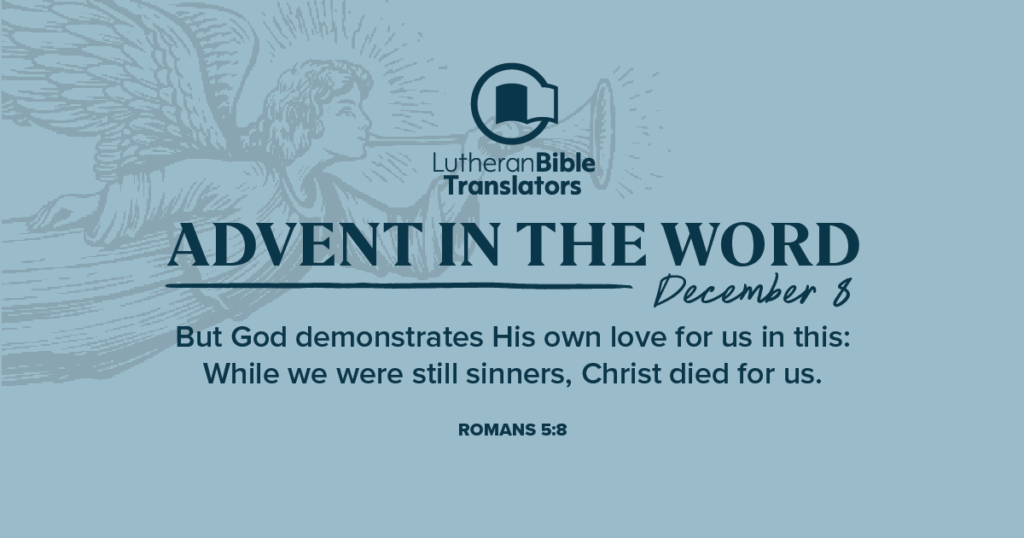
Leave a Reply
You must be logged in to post a comment.